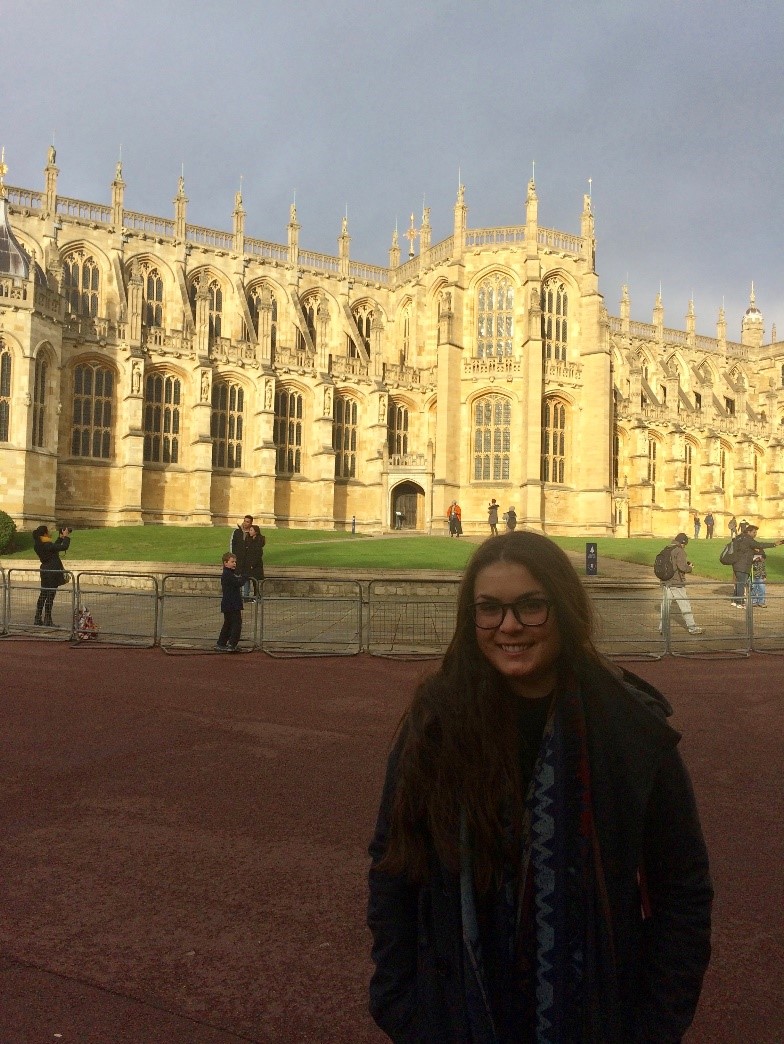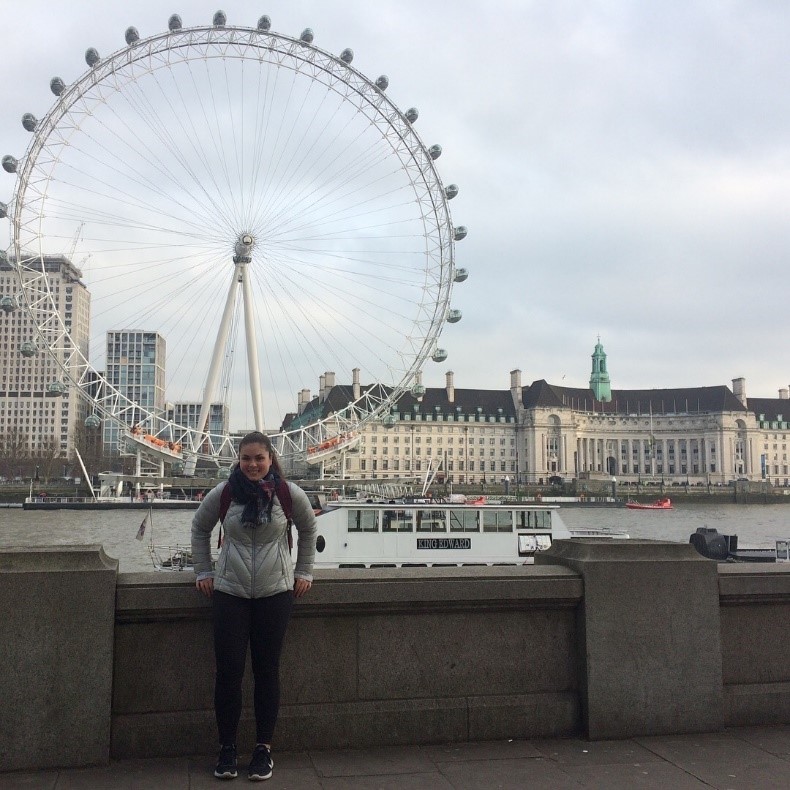A month ago I left my hometown of Québec, Canada to spend a term in London. As part of my PhD at Université Laval, I am required to do a research practicum at another university in order to 1) acquire additional research skills and 2) be immersed in a different research environment. Since my research interests focus on how genetic and environmental factors’ influence the development of internalizing problems, working at the EDIT Lab was a great fit for me.
After adapting to the jetlag, getting used to hearing the British accent, and celebrating the fact that I will not have to wear winter boots this year, I am settling into a new routine. So far, this routine has involved working on a new project at the EDIT Lab and, of course, enjoying the city of London at my free time.
This winter, I am postponing working on my dissertation to collaborate with people at the EDIT Lab on a new project. My previous training is in developmental psychology, and more specifically behavioural genetics based on twin methodology. Evidence from twin studies suggest that individual differences in internalizing behaviours are (partly) explained by genes (Kendler, Gatz, Gardner, & Pedersen, 2006; Polderman et al., 2015). Therefore, the field has been moving toward molecular genetics to identify these genetic mechanisms at the biological level. My main goal for the next couple of weeks is to initiate myself to these methods by working on a project using genomic data from the UK Biobank.
“most of my cognitive capacity has been consecrated to learning new stuff”
Getting out of my comfort zone
This practicum is obviously a fantastic educational opportunity. However, coming to London also meant adapting to a lot of changes in my personal life. Obviously, the hardest challenge is being away from my family and my boyfriend for several months. Of course, they plan on visiting me (or maybe just benefit from the fact that I am here to visit London). To my surprise however, these changes did not bother me much and I have not felt homesick (nor missed my family too much, to the risk of being an ungrateful daughter and girlfriend). My explanation to this smooth adaptation is an interplay between two factors: a very warm welcome from the people at the EDIT Lab, who immediately made me feel part of the team, and the fact that most of my cognitive capacity has been consecrated to learning new stuff, leaving me no energy to miss home.
Being exposed to new research methods
Adapting to my new routine in London was relatively easy, but the past four weeks have been a substantial learning experience. First, I am constantly soliciting my brain to take in new information. For instance, working with data from the UK Biobank means I have to learn how to analyse big data sets and use computer programming language in a relatively short period of time. The good thing is, I have plenty of support from colleagues who kindly answer all my questions.
“Being immersed in an unfamiliar workplace allowed me to notice ways of doing things that were different from what I am used to”
While I am exposed to new data analysis techniques, I am also learning a lot from observing how things work in the lab. Most of us, PhD students, spend several years working in the same research environment. Our knowledge of work methods is thus limited to our experiences in our own lab. Being immersed in an unfamiliar workplace allowed me to notice ways of doing things that were different from what I am used to. For instance, I quickly noticed that collaboration and group work is a characteristic of EDIT Lab culture. Meetings involving supervisors and students are frequently organized and allow students to discuss their own project, and to get comments and suggestions from everyone. Moreover, students get to witness how everyone’s work is progressing and to exercise their critical thinking in providing feedback about others’ work. Finally, PhD students often face the burden of having a substantial work load and not being able to relate to others. I believe these frequent meetings allow everyone to stay on track and keep progressing, and certainly prevent feeling isolated in their work. When I return to my lab, I will definitely suggest incorporating such meetings into our lab routine.
Being exposed to different research methods, having the opportunity to exchange ideas with other researchers with different backgrounds, and mostly having to adapt to the unknown is definitely a winning combination for a fulfilling practicum and life experience. When I return home, I will no doubtfully be thankful that I had such a remarkable opportunity, and realize how much I have learned as a young researcher.



